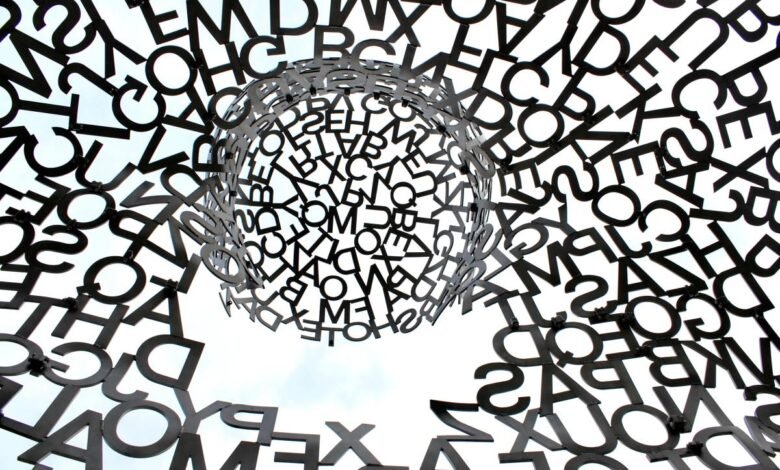What Makes Word Search Puzzles Difficult?

Word search puzzles have been a popular pastime for decades, offering a delightful challenge that engages the mind and sharpens cognitive skills. While many enjoy the simpler puzzles for a quick mental workout, there are some word searches that are notorious for their difficulty. These challenging puzzles push the limits of one’s patience and vocabulary, making them a fascinating topic for puzzle enthusiasts. In this article, we will explore some of the most challenging word search puzzles ever created, discussing their unique features and what makes them so difficult to solve.
The Complexity of Letter Grids
One of the primary factors that contribute to the difficulty of a word search puzzle is the complexity of its letter grid. In standard word searches, words are hidden in a grid of random letters, arranged horizontally, vertically, or diagonally. However, the most challenging puzzles often use larger grids, sometimes up to 50×50 squares or more. The sheer volume of letters increases the difficulty exponentially, as solvers must sift through an overwhelming number of possibilities to find the hidden words. Additionally, these puzzles often feature words that are placed in reverse or follow unusual paths, adding another layer of complexity.
Obscure and Lengthy Words
Another hallmark of difficult word search puzzles is the use of obscure and lengthy words. While typical puzzles might include everyday vocabulary, the hardest ones will often incorporate technical terms, rare words, and even jargon from specialized fields. These words are not only harder to spot due to their unfamiliarity but are also more challenging to recall and identify within the grid. Long words, particularly those with uncommon letter combinations, can be particularly vexing. This makes the solver’s task even more daunting as they struggle to recognize and trace these elusive words.
Themed Word Searches
Themed word searches present another level of difficulty by focusing on specific topics or categories. These puzzles can be particularly challenging because they require solvers to have a broad knowledge base or be well-versed in a particular subject. For instance, a word search themed around ancient languages or medical terminology can be exceptionally tough. Solvers not only have to find the words but also understand the theme to recognize potential word patterns. This thematic focus can narrow down the possible words, but it also introduces specialized vocabulary that can stump even the most experienced puzzlers.
Disguised and Overlapping Words
Some of the most challenging word search puzzles employ techniques to disguise words and make them overlap. In these puzzles, words can share letters with each other, intersecting in ways that make them hard to distinguish. Additionally, words might be hidden within other words or camouflaged by being placed in close proximity to similar-looking sequences of letters. These techniques can lead to a high degree of frustration, as solvers must not only find the words but also discern them from the surrounding letter noise. The overlapping and disguised words require an exceptional level of attention to detail and persistence.
The Evolution of Digital Word Searches
With the advent of digital word search puzzles, the difficulty has reached new heights. Digital platforms allow for dynamic and interactive puzzles that can change in real-time, adding time limits or other constraints. Some digital puzzles are designed to adapt their difficulty based on the solver’s performance, continuously challenging them at the edge of their capabilities. Furthermore, digital word searches can incorporate multimedia elements such as sounds and images, which can either aid or distract the solver. These innovations have pushed the boundaries of what a word search puzzle can be, creating experiences that are more immersive and challenging than ever before.
The Thrill of Mastering Challenges
For those who revel in the thrill of solving puzzles, mastering these challenging word searches offers a unique sense of satisfaction. Each puzzle completed represents not just the discovery of hidden words but also the triumph over a formidable mental challenge. The journey through the intricate grids and complex vocabulary demands perseverance, sharp focus, and a keen eye for detail. The sense of achievement that comes with solving such puzzles is unparalleled, making the effort worthwhile for dedicated puzzlers. Moreover, the skills honed through these challenges—such as enhanced pattern recognition, improved concentration, and expanded vocabulary—carry over into everyday problem-solving, making these puzzles both an entertaining and beneficial pursuit.
Final Thoughts
Word search puzzles have evolved from simple paper grids to complex digital challenges that test the limits of one’s patience and intellect. The most challenging puzzles stand out due to their intricate grids, obscure vocabulary, themed focus, and innovative disguises. Whether you are a casual puzzler or a seasoned enthusiast, tackling these difficult word searches can be a rewarding experience that sharpens your cognitive skills and provides a sense of accomplishment. As word search puzzles continue to evolve, the thrill of finding those hidden words will remain a timeless pleasure for puzzle lovers everywhere.



